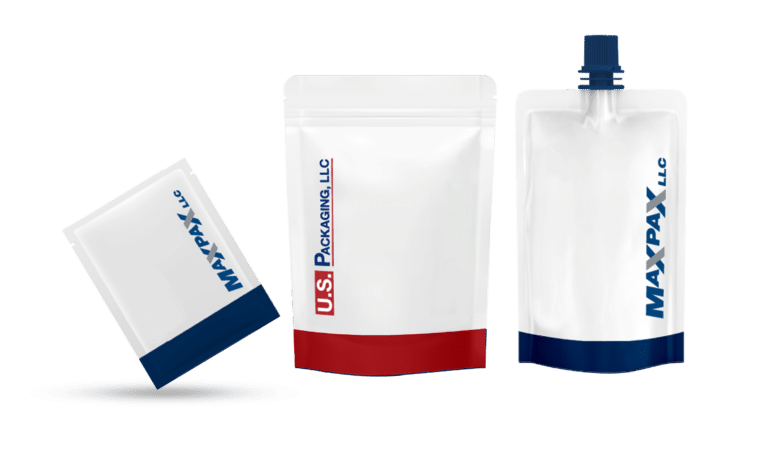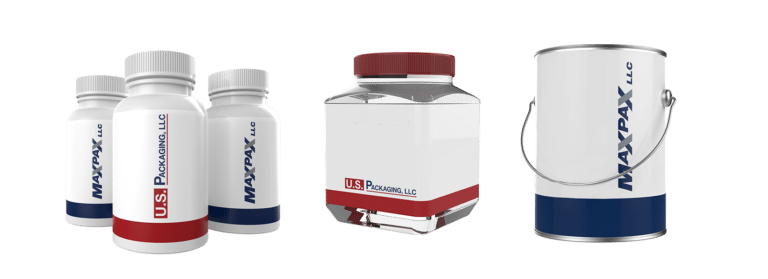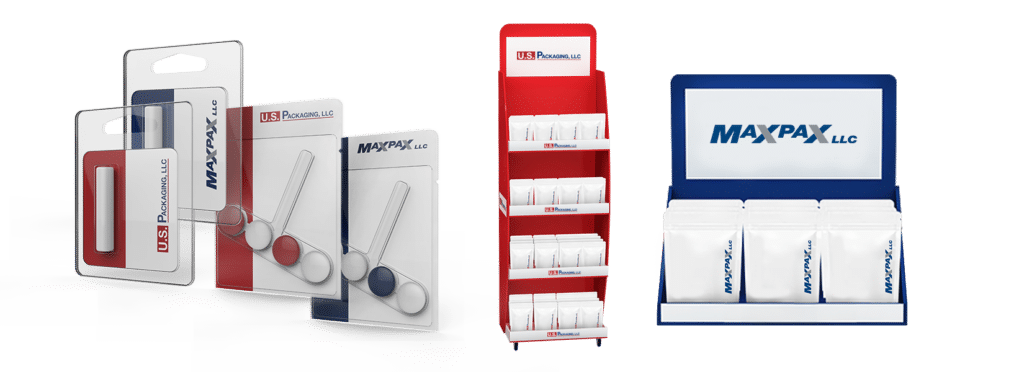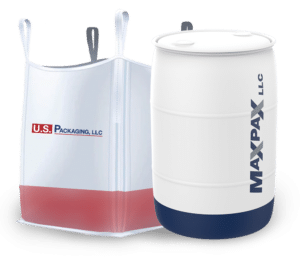
When it comes to consumer packaged goods (CPG), efficiency, speed, and flexibility are essential. Whether you produce household cleaners, automotive fluids, candy, snacks, beverages, or personal care products, contract manufacturing can help you stay ahead of fluctuating demand, seasonal surges, and product innovation cycles.
But what is contract manufacturing, and why are more supply planners and manufacturing managers turning to this model to streamline operations?
What is Contract Manufacturing?
Contract manufacturing is a business arrangement where a company partners with a third-party manufacturer to produce goods on its behalf. A contract manufacturer provides the facility, equipment, labor, and expertise to produce and package products according to your specifications.
Whether you’re launching a new SKU, managing a short-term promo run, or need additional capacity outside your existing footprint, contract manufacturing offers a reliable path forward without the capital expense or the operational burden, giving you a sense of relief and ease.
Key Benefits for CPG Leaders
1. Speed to Market
In fast-moving CPG sectors, being first—or fast—matters. A contract manufacturer helps accelerate production timelines by providing ready-made facilities, staff, and supply chain integration. This is particularly valuable for supply planners and external manufacturing managers racing to hit seasonal deadlines or retailer windows.
2. Scalable Capacity
Don’t let your internal plant capacity limit your growth. Contract manufacturing gives you access to scalable, on-demand capacity without long-term investment. This is true whether you’re facing a demand spike or entering a new market. For 3rd party manufacturing managers, it’s a strategic way to reduce risk and increase flexibility.
3. Reduced Capital Investment
Building or expanding production lines is expensive. Contract manufacturing allows your company to access top-tier facilities and equipment without upfront investment. This allows you to allocate capital to core business areas like R&D, marketing, and distribution.
4. Risk Mitigation
By outsourcing to a qualified contract manufacturer, you reduce operational risks tied to equipment maintenance, labor shortages, or regulatory compliance. Many contract manufacturers carry certifications (such as SQF, Organic, or Kosher) and quality systems that ensure your products meet safety and brand standards.
5. Focus on Core Competencies
Free your internal teams to focus on what they do best—product development, brand building, and growth strategy. You handle the brand and innovation. Your contract partner handles the execution.
Finding the Right Partner
Not all contract manufacturers are created equal. Look for one with industry experience in your product category, the certifications that matter to your brand, and the flexibility to handle short- and long-term production needs. You’ll want someone who values your partnership and doesn’t see the relationship as transactional, giving you the reassurance and confidence you need in your business relationships.
Working with a reliable contract manufacturer like MaxUS Operations can be the key to growth, agility, and operational efficiency for supply chain leaders, third-party manufacturing managers, and contract manufacturing teams within large CPG companies.
Contract manufacturing isn’t just a fallback—it’s a strategic move forward.






